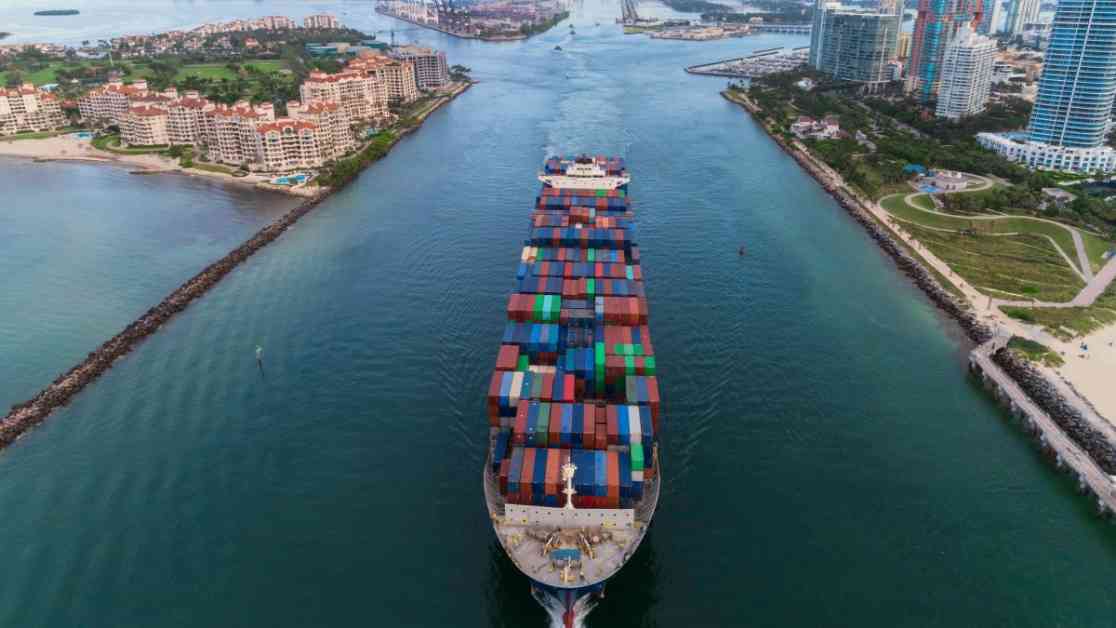PortMiami is preparing for a potential strike by union workers after negotiations for a new contract hit a roadblock. Miami-Dade Mayor Daniella Levine Cava has informed commissioners about the measures being taken to ensure safety and security at the port as workers are set to go on strike.
The work stoppage could affect 14 ports from Maine to Texas, including Port Everglades and PortMiami. The International Longshoremen’s Association claims that talks broke down because the United States Maritime Alliance is unwilling to increase wages and protect workers from losing their jobs to automation.
The Alliance has filed a complaint with the National Labor Relations Board, accusing the union of not negotiating in good faith. If an agreement is not reached by Monday night, the strike will commence on Tuesday, causing significant economic disruptions. Food, electronics, building materials, and other goods will be stuck at ports until the strike is resolved.
Harold Daggett, the ILA National President, emphasized the importance of reaching a fair contract to avoid crippling the industry. The potential financial losses could amount to over $4 billion per day, according to Craig Austin, an Associate Professor at FIU specializing in Logistics and Supply Management.
Retailers have tried to mitigate the impact by stocking up on supplies early, but with the majority of consumer goods entering the U.S. via ships, price increases and shortages are likely if the strike persists. The last coastwide strike by the ILA occurred in 1977 and lasted for three months, leading to difficulties for working families and higher prices for essential items.
As workers prepare to picket on Tuesday morning, the implications of the strike on the billion-dollar industry are becoming increasingly apparent. The need for a resolution that benefits both parties is crucial to prevent long-term disruptions and financial losses. The fate of the ports and the livelihoods of workers hang in the balance as negotiations continue to unfold.
